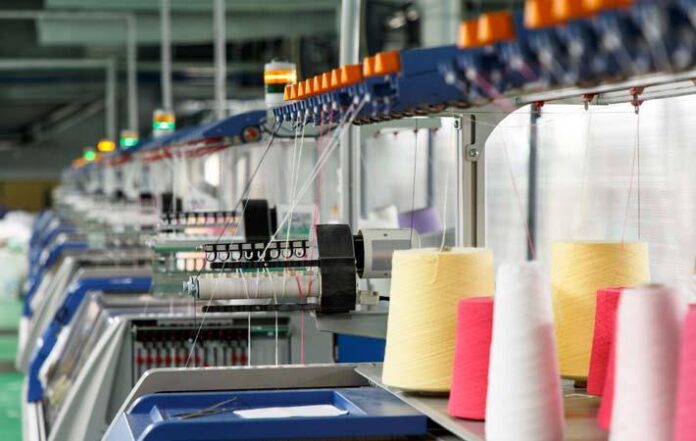ISLAMABAD: The federal government has set a target of $20.86 billion for textiles and apparel export during the next five years.
According to the details, the Commerce Ministry has fixed a $13.6bn export target of textiles and apparel in the ongoing fiscal year, while the government has set a target to export textile products worth $14.7bn in 2021-22, $16.3bn in 2022-23, $18.3bn in 2023-24, and $20.8bn in 2024-25.
In this regard, the Economic Coordination Committee (ECC) of the Cabinet is likely to approve the Textile and Apparel Policy, 2020-25 in Wednesday’s meeting, sources privy to the information told Profit.
The main objectives of the proposed policy are to leverage the advantage of a complete textiles and apparel supply chain by encouraging value-addition at each stage of processes, especially in the finished products, to restore the profitability of cotton farmers by increasing yield, improving quality and decreasing cost of production, and strengthening the Man-Made Fibre (MMF) sector to make this chain export-oriented as well as supporting textiles and apparel value-chain for not only baseline monitoring reports (BMR), but also new capacities.
Sources said that the textiles and apparel sector occupies a pivotal position in Pakistan’s economy having the most intensive backward and forward linkages as compared to any other sector.
“The sector contributes approximately 60pc in total exports of Pakistan and 40pc in industrial employment,” they said, adding that it encompasses a distinctive and self-reliant value-added production chain from cotton to ginning, spinning, weaving, knitting, processing, finishing to apparel and home textiles.
The policy also stresses upon the need to formulate marketing and branding strategies to promote ‘Made in Pakistan’, facilitate international buying houses to establish offices in the country, and initiate mass level training programmes, especially for small and medium-sized enterprises (SMEs) and women for skill development.
Earlier in March, Prime Minister (PM) Imran Khan had given in-principle approval to the proposed on the recommendation of a task force on textiles.
It may be noted that previous textiles policies were formulated to enhance exports to as much as $26 billion, which required to be met through the support of fiscal measures; however, these targets were not achieved due to non-payments under the respective facilitation schemes, in addition to non-allocation of funds for infrastructure development, vocational training, productivity and compliance-related programmes.




